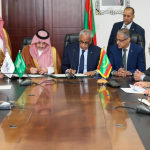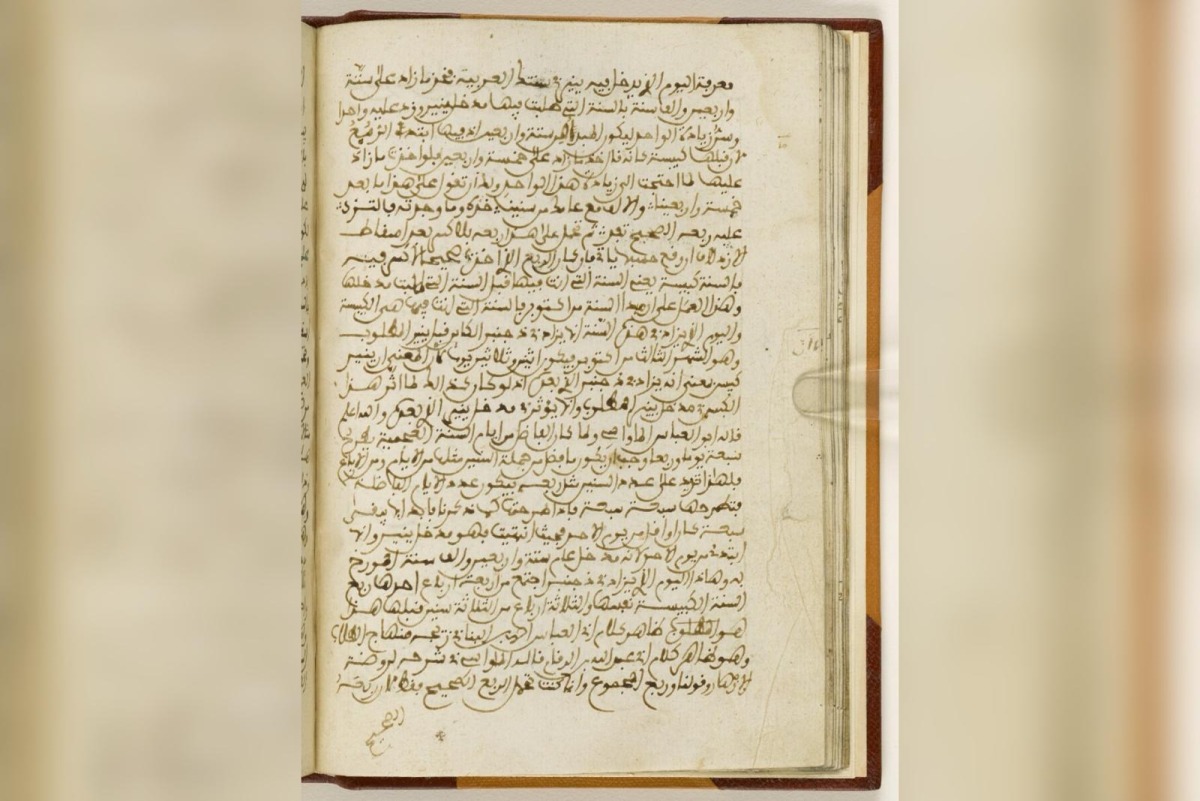The ongoing Qatar-Morocco 2024 Year of Culture has provided a unique opportunity for the Years of Culture team to delve deeper into Morocco’s rich history, culture, and traditions. In partnership with the Qatar National Library, researchers have been exploring documents and manuscripts related to Morocco on the Qatar Digital Library (QDL) portal. In doing so, they uncovered a digital copy of an important scientific manuscript by a prominent 17th-century Moroccan scholar in timekeeping and astronomy.
One of the key figures from Morocco’s scholarly past is Alī ibn Muhammad ibn Abī Al Qāsim ibn Ibrāhīm Al Dādasī, who lived in Fez in 1639 CE. At that time, Al Dādasī was working on finalizing a commentary on his educational poem on astronomical timekeeping, titled “The Students’ Beginning in the Science of the Time of Day by Means of Calculation.” This commentary, which is available on the QDL, was completed at the Subāhīyah Madrasa on Tuesday, March 29, 1639 CE, showcasing Al Dādasī’s dedication to his work and studies.
Despite living centuries ago, Al Dādasī’s contributions to the field of timekeeping and astronomy are still highly regarded today. He is known to have written several manuscripts on the subject, including the 1648 poem “Guide for Pupils” and “Sapphires for the Beginners for the Study of the Science of Timekeeping.” His work has had a lasting impact on the scientific community and continues to be studied and appreciated by scholars around the world.
Born in Dades in the Atlas Mountains, Al Dādasī’s legacy extends beyond Morocco, as he also worked in Cairo during his lifetime. His dedication to education and his passion for sharing knowledge is evident in the detailed and informative manuscripts he left behind. Through the discovery of his works on the QDL, researchers have been able to gain a deeper understanding of Morocco’s intellectual history and the contributions of scholars like Al Dādasī.
The availability of these digital manuscripts on the QDL has opened up new opportunities for researchers and scholars to explore Morocco’s rich scientific and cultural heritage. By providing access to these historical documents, the Qatar National Library is playing a crucial role in preserving and sharing the knowledge of past scholars like Al Dādasī with a global audience. This collaboration between Qatar and Morocco highlights the importance of cultural exchange and the value of celebrating and preserving the histories of different nations.
Overall, the exploration of Alī ibn Muhammad ibn Abī Al Qāsim ibn Ibrāhīm Al Dādasī’s manuscripts on timekeeping and astronomy is a testament to the enduring legacy of Moroccan scholars and their significant contributions to the fields of science and education. Through initiatives like the Qatar-Morocco 2024 Year of Culture and the Qatar Digital Library, these important historical documents are being made more accessible to researchers and enthusiasts alike, ensuring that the knowledge and achievements of past scholars continue to be celebrated and studied for generations to come.









